Some scientists recommend eating 3 meals and 3 snacks a day, and others recommend not eating at all. Before you panic, hear us out – this is not a starvation mission. In fact, fasting is one of the oldest practices in human history.
For example, the therapeutic use of fasting dates back to at least the fifth century BCE when the Greek doctor Hippocrates recommended it for patients who presented certain symptoms of the disease.
There are many diets that advertise refraining from eating and drinking anything other than water for a period of time. We wanted to investigate what happens to the body after a 3-day fast.
Fasting for Your Health: What You Need to Know
Your Cells May Self-renew Faster
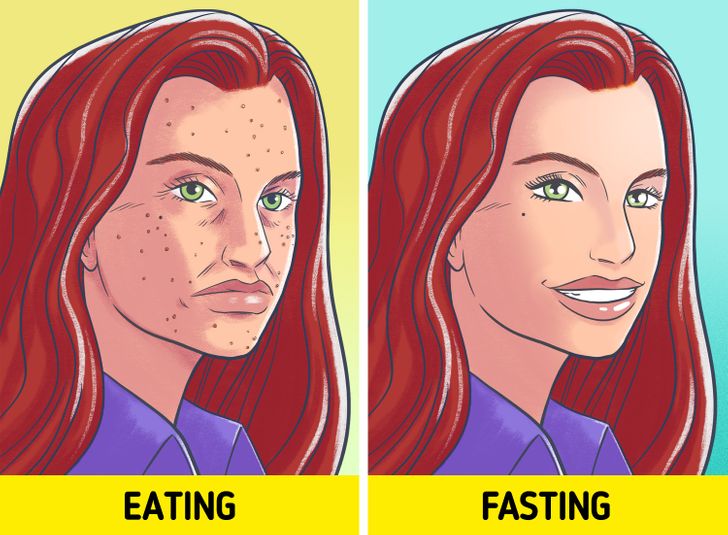
Adult skin covers approximately 2 square meters of surface area and represents approximately 20% of total body weight. Water fasting triggers the self-renewal of skin cells.
Researchers suggest that the process begins after 18 to 20 hours of fasting and peaks after 48 to 72 hours. Additionally, the cell renewal process can also protect against Alzheimer’s and heart disease.
It May Lower Your Blood Pressure
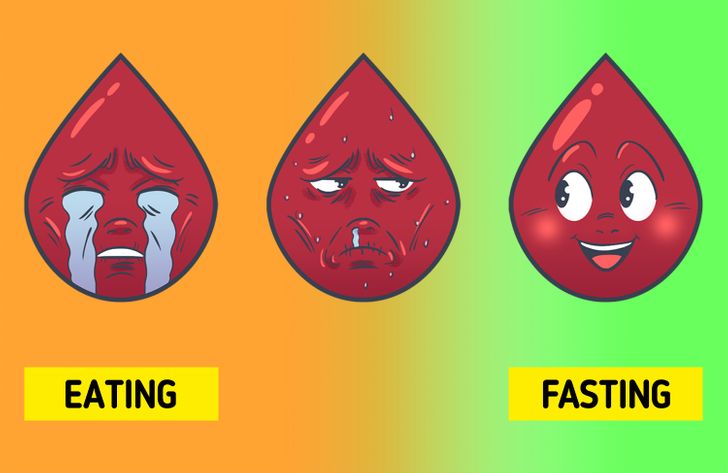
Fasting with only water can help lower blood pressure, which is one of the most serious diseases suffered by the modern world.
Fasting shows promising results, even for people with borderline high blood pressure when they fast under medical supervision.
It May Boost Your Metabolism
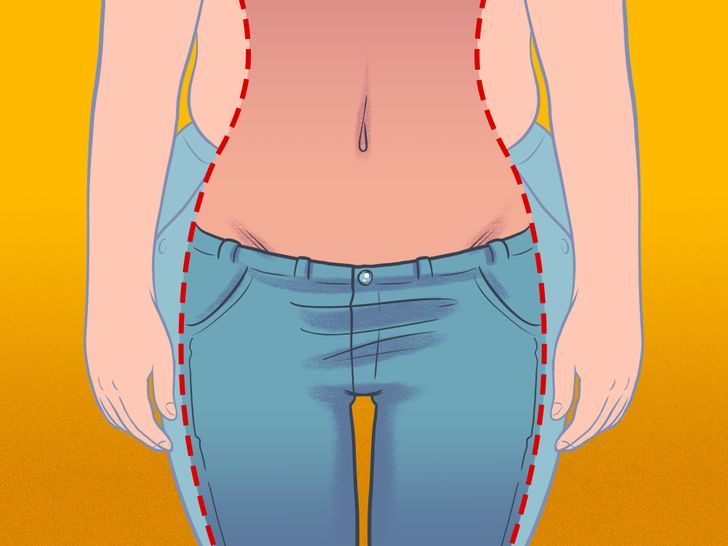
The hormones insulin and leptin play a crucial role in the body’s metabolism. Insulin helps store nutrients in the bloodstream, while leptin acts as a satiety hormone. Research shows that water fasting can make your body more sensitive to these hormones.
A higher level of sensitivity increases the effectiveness of these hormones, which means that your body will be able to lower blood sugar and prevent obesity.
It May Prevent Some Chronic Diseases
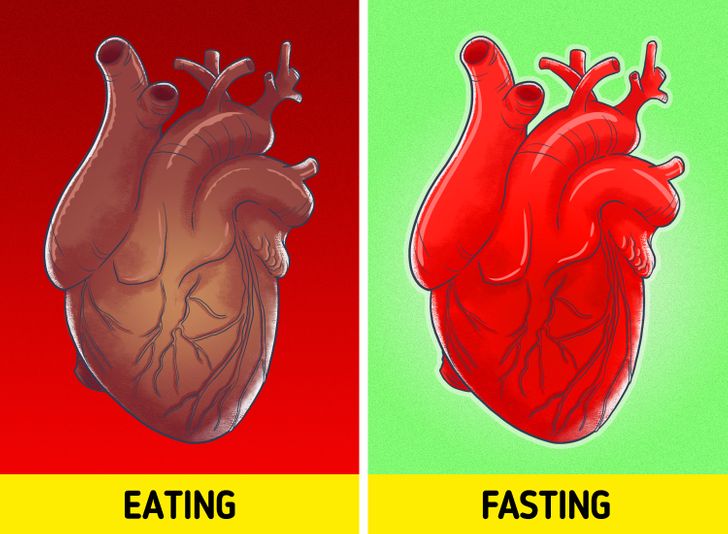
Fasting on the water is believed to reduce the risk of chronic diseases, such as diabetes and heart disease. Additionally, animal research suggests that a lack of water can suppress genes involved in the growth of cancer cells. This can also make chemotherapy more effective.
It May Boost Brain Function
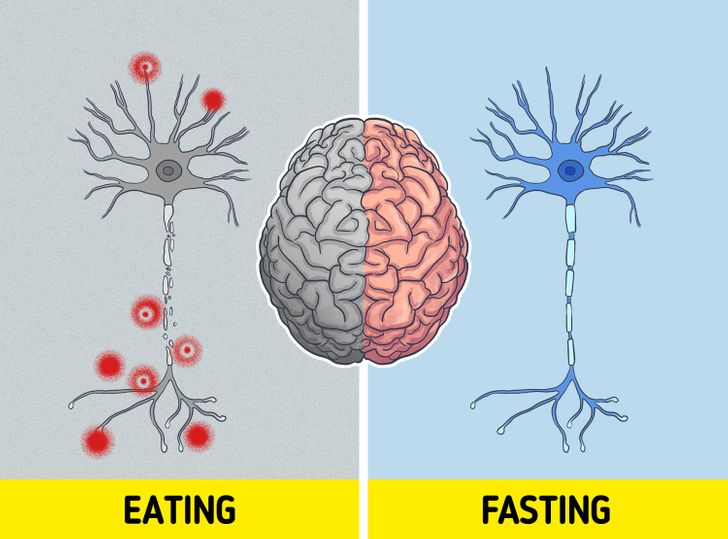
Fasting was first prescribed as a treatment for epilepsy more than 2,000 years ago. Additionally, research indicates that fasting helps clear the mind and recharge the senses while stimulating brain function.
Additionally, fasting can improve cognitive function, stop age-related cognitive decline, reduce neurodegeneration, reduce brain damage, and enhance functional recovery after stroke.
You may shed some pounds
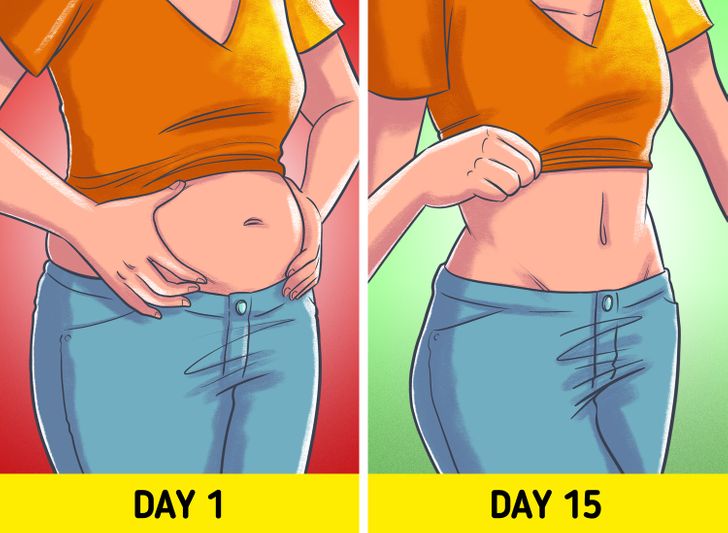
The benefit most commonly associated with fasting is weight loss. Weight loss occurs when your body transitions from a state of eating to a state of fasting.
With no food to burn for energy, your body begins to burn body fat (stored fuel) to keep functioning. On a 24-hour fast day, you will lose about a pound of fat, not water.
Have you tried water fasting before? Would you consider following such a strict diet? If so, how long do you think it would last? And what food or drink would you miss the most?









